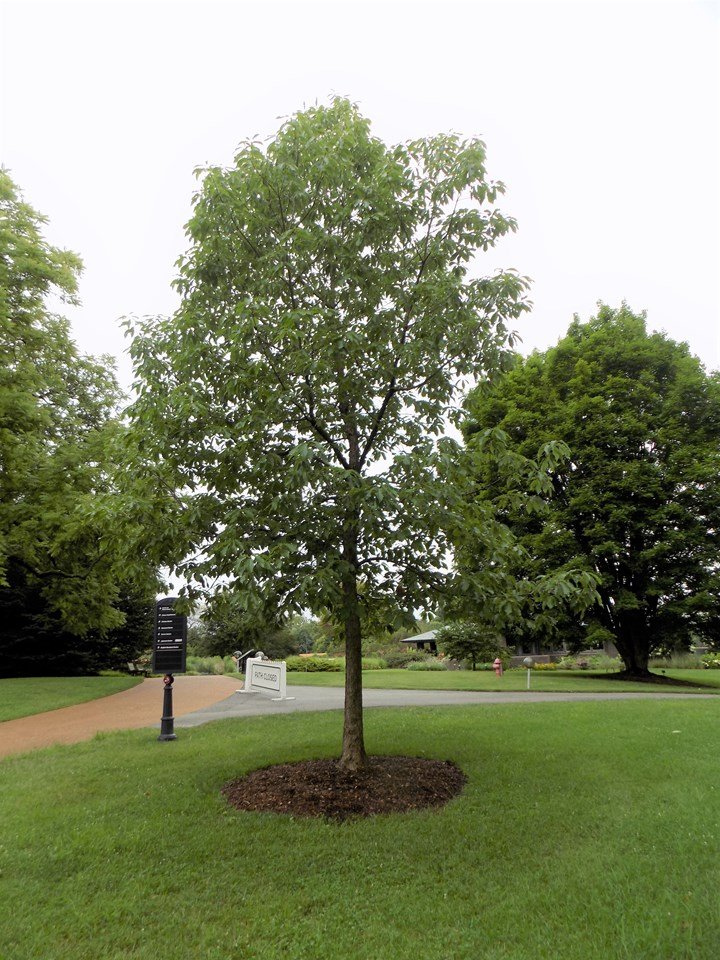Paw Paw Tree - Seedling Grown
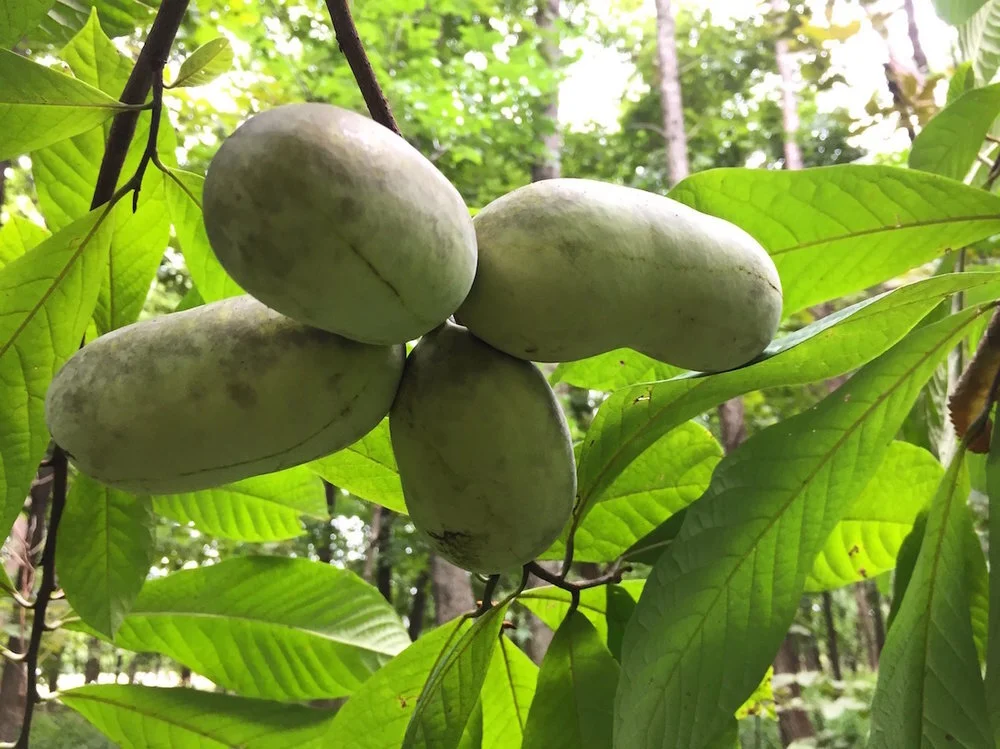
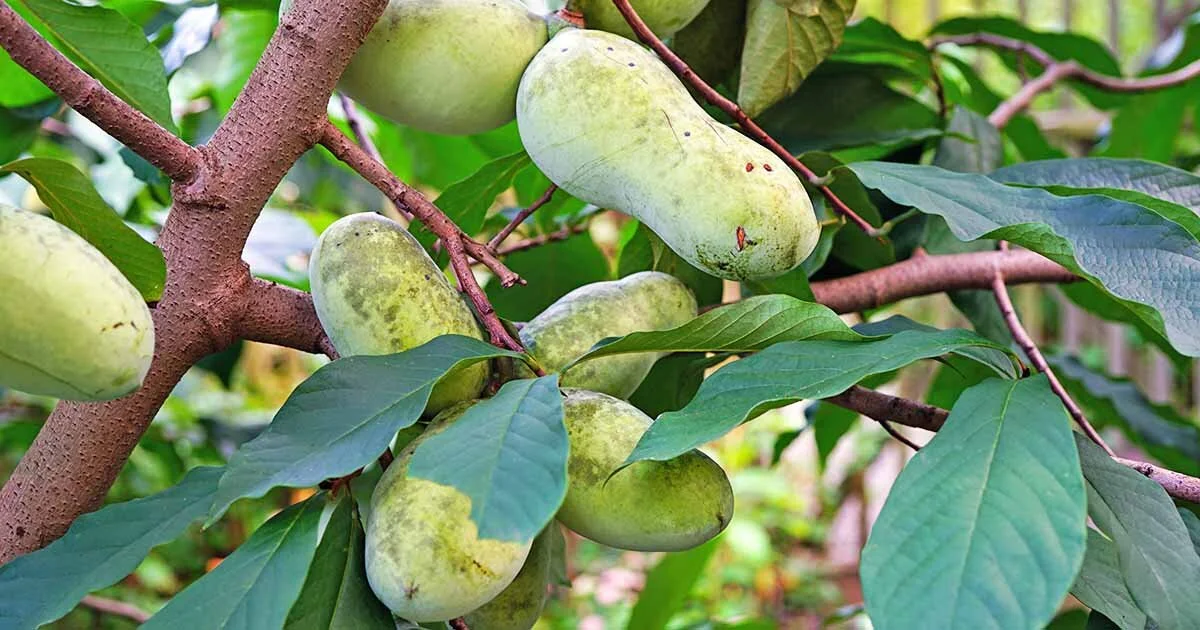
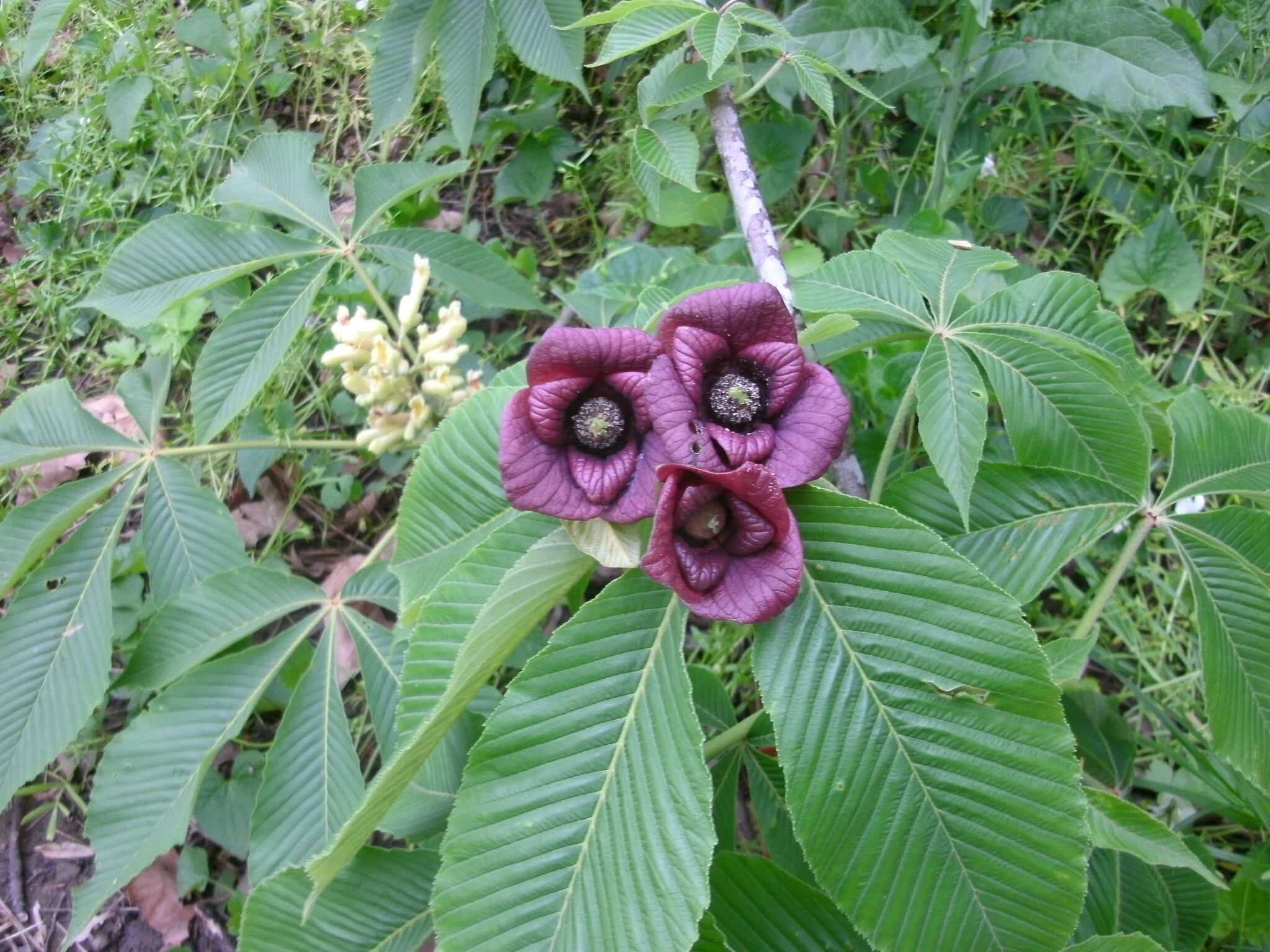
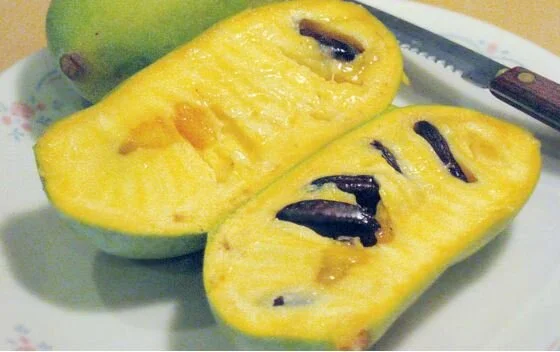
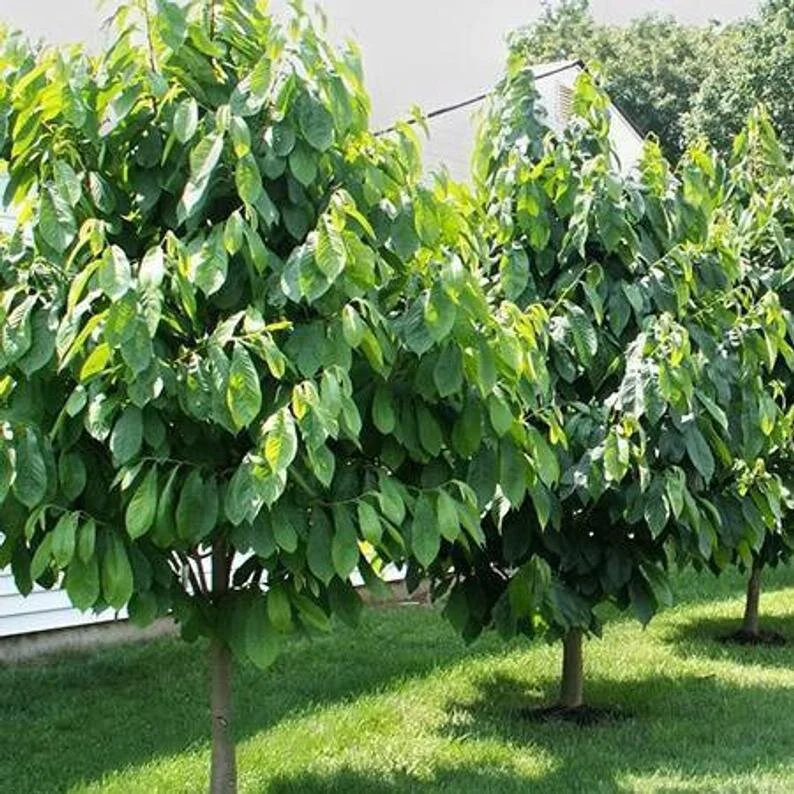
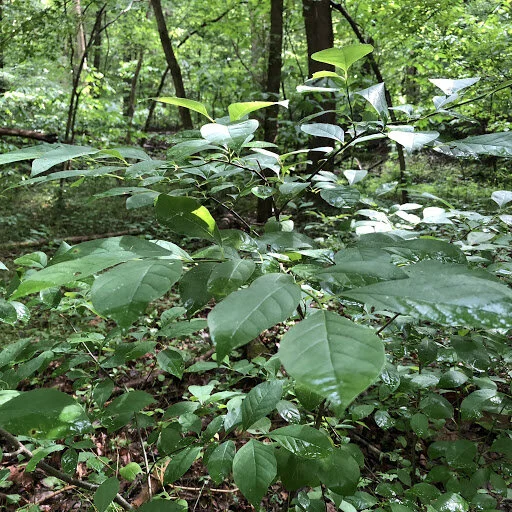
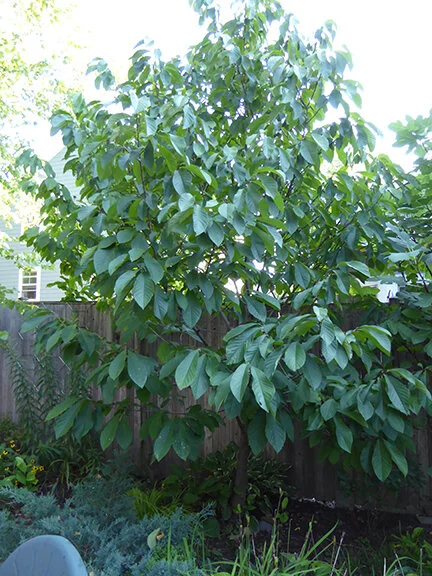
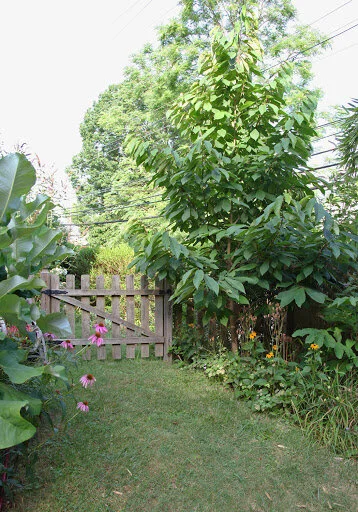
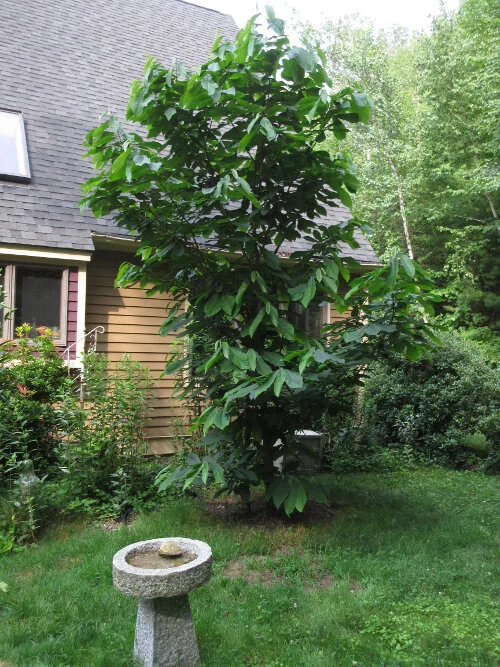
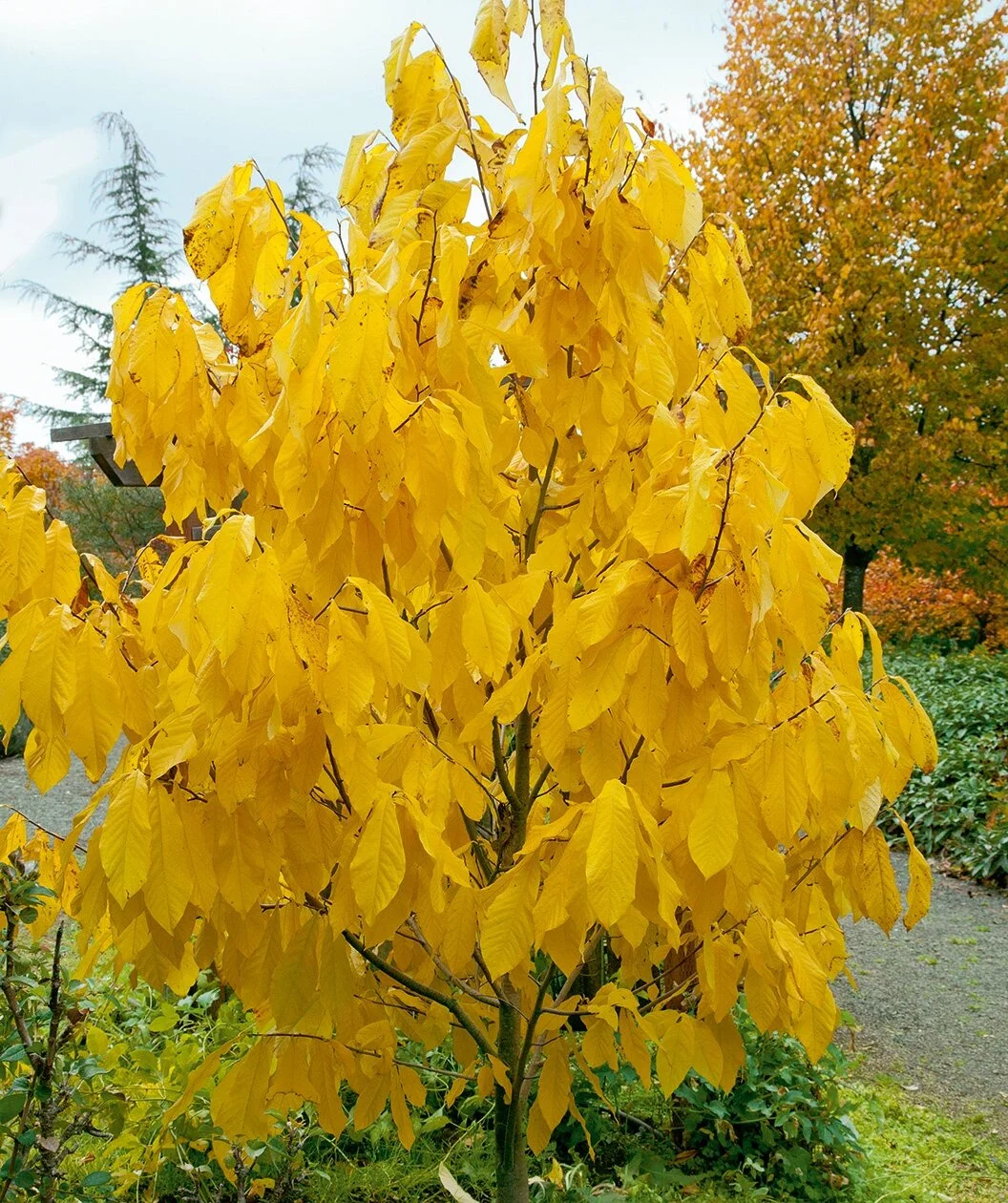
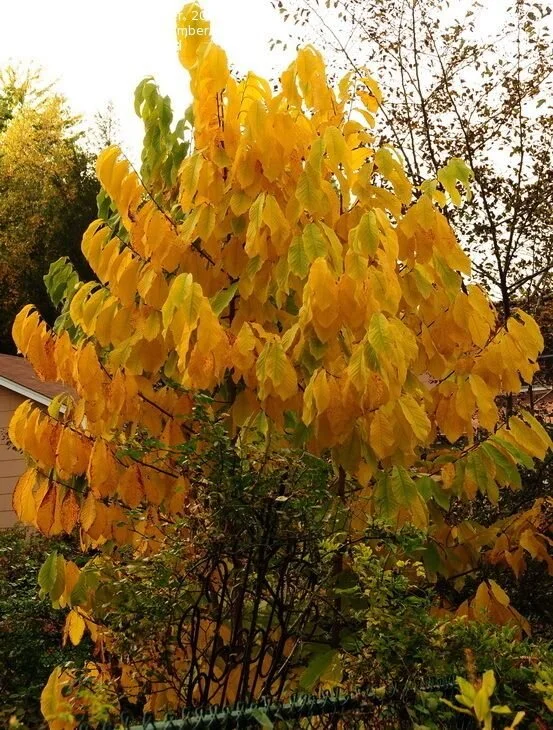
Paw Paw Tree - Seedling Grown
NATIVE FRUIT TREE; POLLINATOR FAVORITE; EXCELLENT TREE FOR SHADED AREA OF YARD; INTENSE YELLOW FALL COLOR
Species: Asima triloba
Plant Size, Type & Delivery Height: 15 Gallon Tree; 6-8 feet tall
Mature Height: 15-20 feet
Mature Spread: 10-15 feet
Growth Rate: Slow < 12 inches/year
Sunlight: Broken Full Sun to Part Shade
Drought & Heat Tolerant: Not Drought Tolerant
DESCRIPTION: It could be said that there are two types of people: those who have tasted ripe, delectable Paw Paw fruit and those poor souls who haven’t. Legend says that it was George Washington’s favorite fruit; maybe that’s why he chopped down the Cherry tree but spared his Papa’s Paw Paw.
The fruit tastes like a tropical, custardy combination of mango, pineapple and banana, depending on the variety. High in Vitamin C, Paw Paw fruit can be substituted for bananas in your favorite recipes and can even be made into Vegan ice cream. Because it only stays ripe for a couple days, bruises easily, and is difficult to ship, Paw Paw fruit was too difficult to become a viable commercial fruit. You might find some at local farm stands but not at large grocery chains.
Don’t let that stop you from growing this beloved tree in your own yard. Paw Paws can grow as far North as Canada yet are best known in the American South. You’ll need at least two trees to successfully cross-pollinate and produce fruit and it may take two to seven years to yield fruit. The oblong fruit is yellowish-green to brownish; they grow in clusters after the plants flower, and mature in the early Fall.
The Paw Paw tree also makes an excellent tree for a shaded backyard. It has very large leaves and in the fall turn bright yellow. It is an interesting tree, especially if you’d like to add a little most rustic charm to your landscaping.
GROWING CONSIDERATIONS: Plant at least two varieties to produce fruit—the trees do not self-pollinate. More sun will produce more fruit on the Paw Paw tree. Keep them well-watered, well drained and plant them in rich loamy soil. The trees prefer broken sunlight, but can be grown in direct full sun if watered well. If you have an area of your garden where the sun and shade start to begin, they’d love that spot. If left alone, the tree suckers freely and will develop into a grove or thicket. The Paw Paw tree will not do well in clay soil or an area that becomes very dry in the summer.
Mono-culture Risk: None


